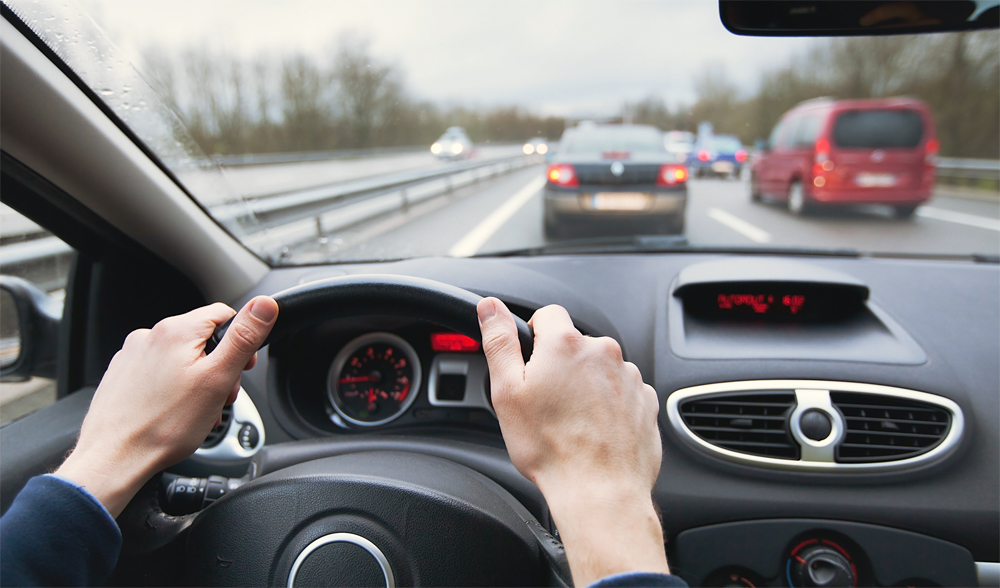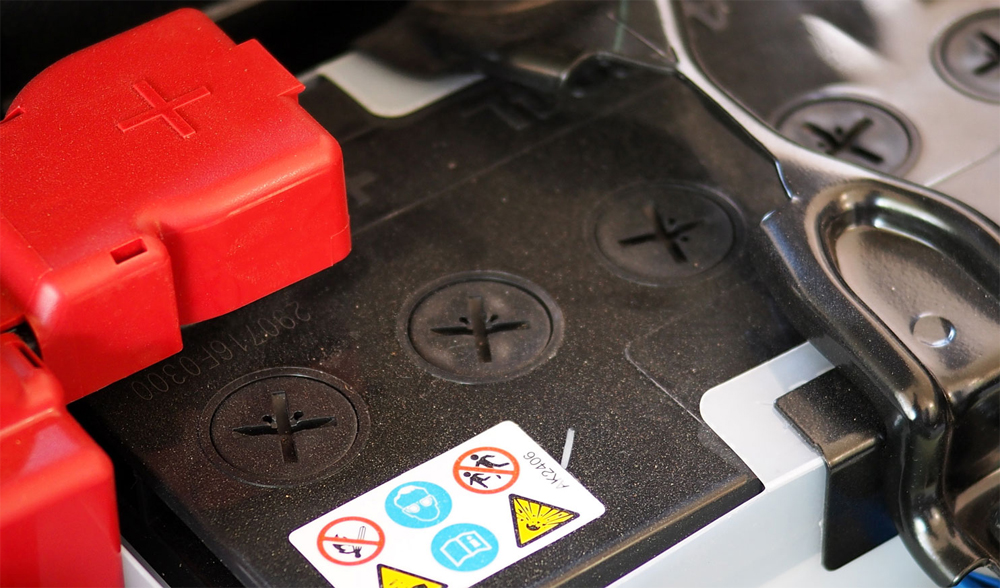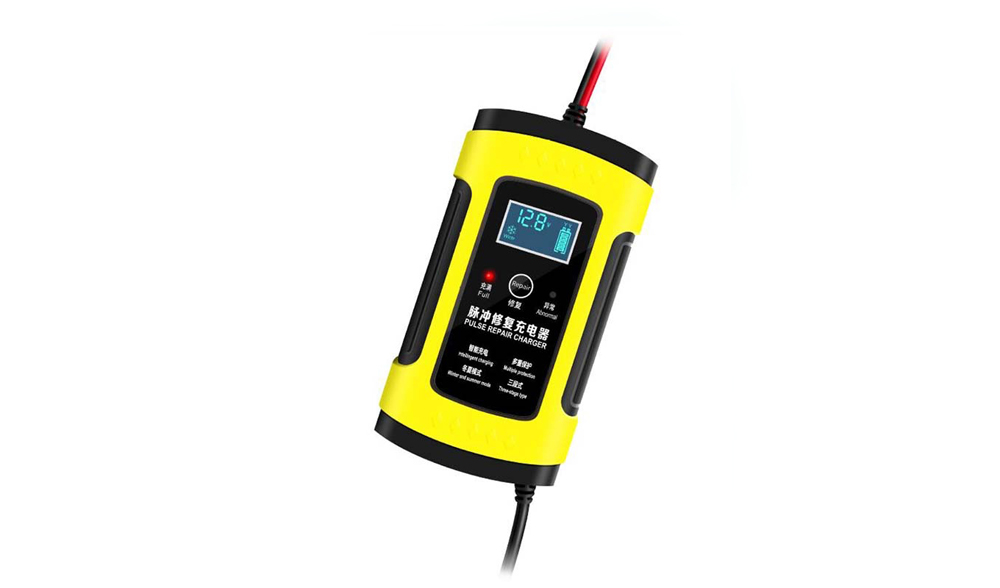Car batteries deliver the substantial electrical surge necessary to initiate your vehicle’s engine. After this task is completed, the vehicle’s alternator takes over, replenishing the battery’s charge while you’re on the road. What many individuals overlook is the time required for effective recharging. If your driving sessions are insufficient in duration or frequency, the battery’s charge will progressively decline with each engine start. So, what’s the necessary driving duration to restore your battery’s charge? Additionally, does your driving speed influence the speed of battery recharge? Continue reading to find explanations for these and other frequently raised queries about car batteries.

What is the voltage of a fully charged car battery?
The majority of contemporary automobiles are equipped with a 12V battery located beneath the hood. Such a car battery comprises six cells, with each cell holding a maximum of 2.1 volts of energy when fully charged. Consequently, when the engine is not running, a car battery is deemed completely charged within the range of 12.4 to 12.6 volts.
Even a slight decrease in your battery’s voltage can significantly impact its overall functionality. To illustrate, a voltage reading of 12.1 volts indicates that your battery is functioning at just 50% of its full charge. Once the voltage diminishes to 11.6 volts, the battery is nearly completely discharged.
How far should you drive to fully charge a car battery?
To produce the requisite power for battery charging, your engine must maintain a minimum of 1000 revolutions per minute (RPM). Higher speeds lead to increased RPMs, which means that your battery recharges more swiftly when driving at speeds of 55 MPH or higher. Typically, it takes around 30 minutes of driving at highway speeds for most vehicles to achieve a full battery recharge. However, it’s important to note that this timeframe is an approximation. If your battery is significantly discharged, the recharge process might extend beyond this estimate.
Can a car battery be charged when idling?
Even when the engine is idling, your car can still recharge the battery, albeit at a considerably slower rate compared to driving. This is due to the fact that modern vehicles encompass a plethora of supplementary electronics that consume power. Can you guess which component is responsible for supplying energy to these extra systems? That’s correct—it’s your alternator. When your car remains stationary and idling, the engine doesn’t achieve high RPMs, which translates to a lengthier battery recharge period through this method. How long does it take? We’re talking about several hours. Opting to take your car for a drive instead of letting it idle in your driveway is your optimal course of action.

How long can a car battery last without driving?
An idle battery can transition from being fully charged to complete depletion in just under two months. If your battery surpasses the three-year mark or wasn’t fully charged during its last use, the rate of its depletion accelerates even further. It may even become difficult or impossible to be recharged. Consistently engaging in a series of short driving trips is detrimental to your battery’s health. While running errands is perfectly fine, frequent engine starts and stops with only brief intervals of driving in between can rapidly drain your battery. To counter this, aim to embark on a 30-minute highway drive at least once a week. This timeframe grants your alternator the necessary opportunity to fully recharge the battery. For additional guidance on preventing car battery depletion during periods of non-use, explore more tips.
Different Types of Car Battery Chargers
What should you do if you own a car that doesn’t see frequent use? Your optimal solution is to invest in a car battery charger. A car battery charger will effectively maintain your battery’s charge and overall health, ensuring it’s always ready for action. When seeking a car battery charger, adhere to two fundamental guidelines. First and foremost, the chosen charger must be compatible with your battery’s specific chemistry. What does chemistry mean in this context? If you have a lead acid battery, opt for a lead acid car battery charger. For vehicles equipped with an AGM battery, a car battery charger compatible with AGM batteries is necessary. Many modern battery chargers offer multiple settings to accommodate various battery chemistries.

Here’s rule number two: Ensure that the voltage of your chosen car battery charger aligns with your battery’s output voltage. In the case of a 12V car battery, securing a 12V car battery charger is essential. If your vehicle employs a 24V battery, make certain to acquire a 24V charger. Of course, you can also choose a car battery charger supporting both 12V and 24V lead acid batteries. Adhering to both of these rules is of paramount importance. Employing an incompatible car battery charger can result in irreversible damage to your battery.
It’s worth noting that there exist 3 distinct categories of battery chargers: standard chargers, trickle chargers, and battery maintainers, each operating with slight variations.
Signs that Your Battery should be Replaced
Regardless of the meticulous care you provide, there comes a point when your battery requires replacement. Generally, car batteries have a lifespan of about three to five years. Several indicators can assist in identifying when your battery is approaching the end of its life. Aged car batteries commonly struggle to retain a charge. Hence, if your battery encounters difficulties while attempting to initiate your engine, it’s a notable indicator of potential battery deterioration. Frequent instances of needing to jump-start your engine also serve as another significant clue that your battery is due for replacement.
Ask Help from Power1986
Not sure whether your battery is in a good condition or not? The best ways is to consult Power1986.
We have a variety of car battery chargers available. We also have Intelligent Pulse Repair Car Battery Charger for repairing damaged lead acid batteries, Lithium-Ion Battery Chargers, and several Smart Portable Car Battery Chargers. What’s more, our technicians will make the right judgment for you based on your battery condition.
We also offer the purchase and product customization of USB A/C Fast Chargers, DC-AC Power Inverters, Switching Power Supplies and more. Now Contact Power1986 to get more information about our products.
